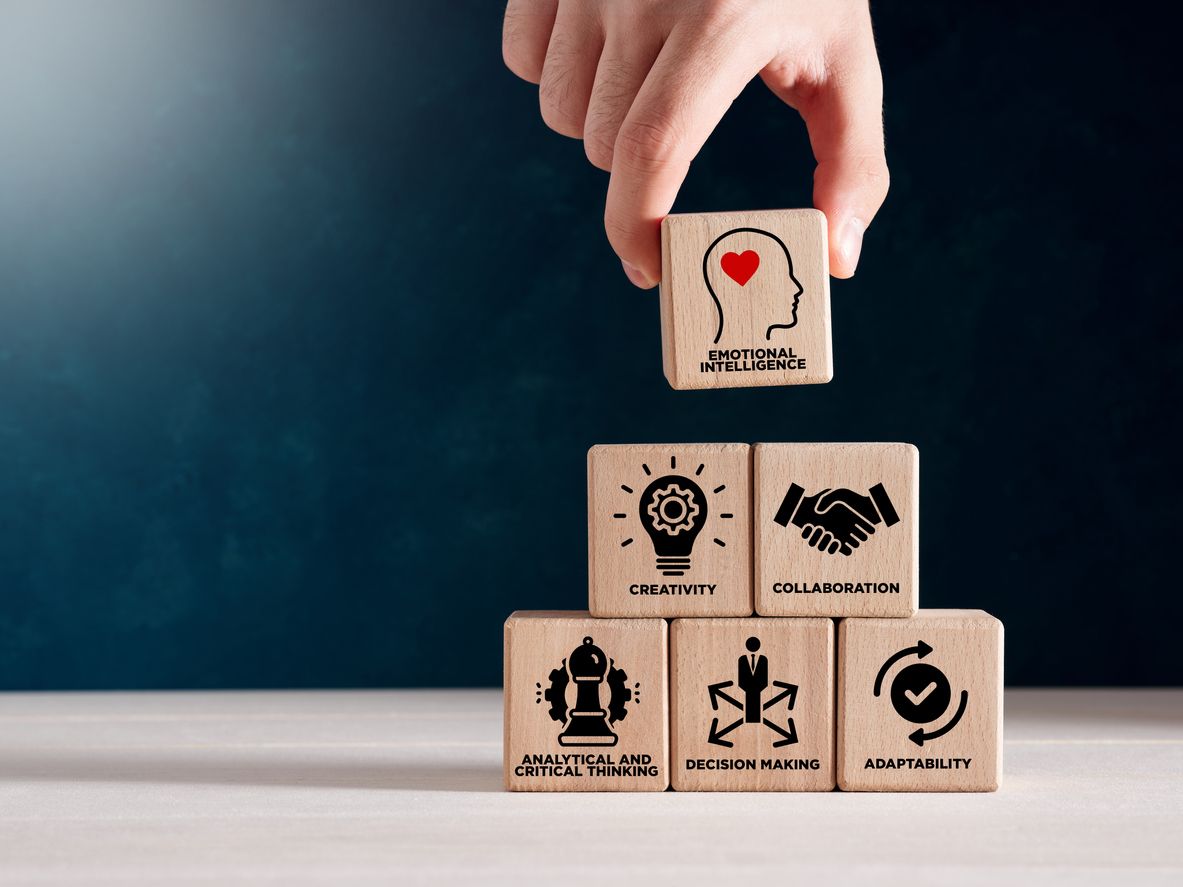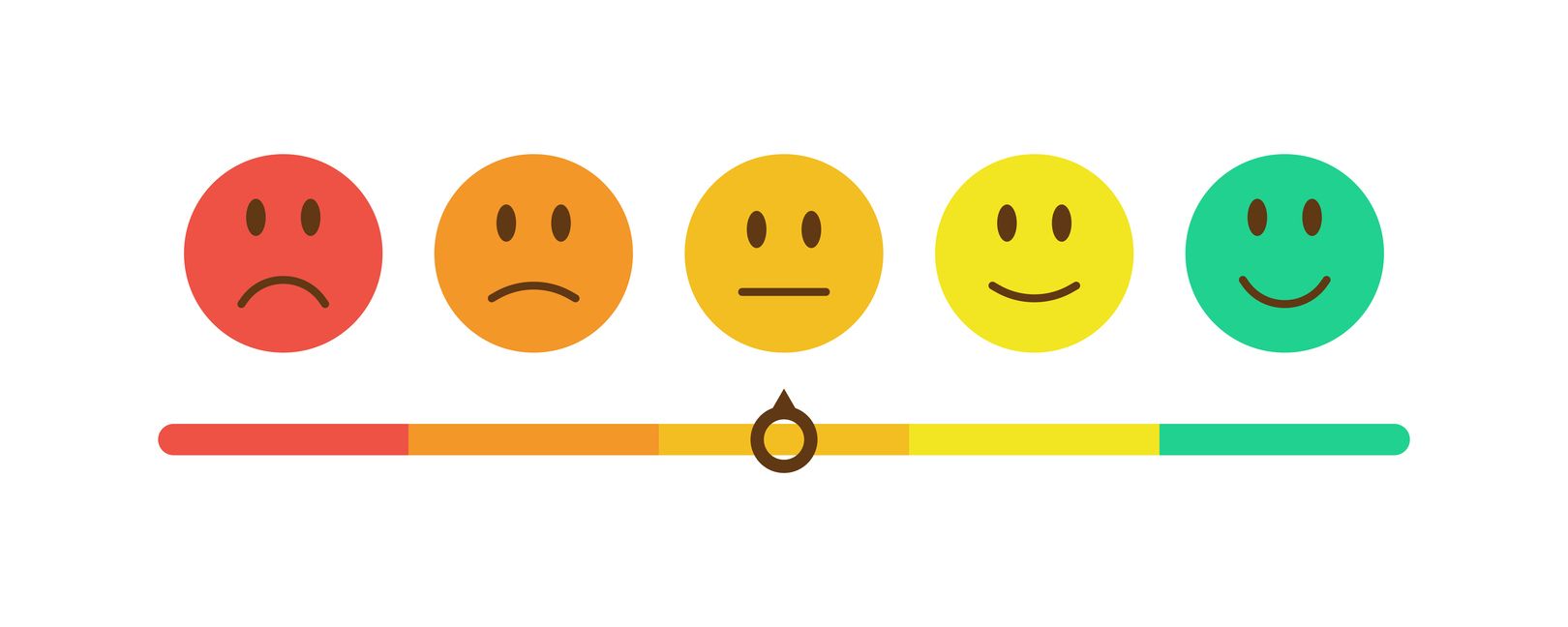Why these soft skills will be essential in 2026
Several factors are converging to accelerate the importance of these skills:
- Cross-functional and transversal projects (R&D, digital, marketing),
- Multiplicity of stakeholders: suppliers, authorities, patients,
- Increased urgency for innovation and digitalization,
- Talent shortage pushing companies to recruit hybrid profiles rather than purely technical ones.
Soft skills are therefore becoming a true performance multiplier, enabling employees to learn, connect, and innovate rapidly.
Towards a Rapidly Changing World of Work
The professional landscape is evolving at lightning speed. Automation, digital transformation, and the growing complexity of organizations are forcing companies to rethink their priorities.
By 2026, technical skills alone will no longer be enough: it’s soft skills human and behavioral competencies — that will make all the difference.
1. Cross-Functional projects: collaboration becomes the norm
Understanding Cross-Functional projects
Organizational silos are disappearing. In large companies, joint projects between R&D, marketing, finance, and digital departments are increasingly common. These projects require close coordination between very different profiles.
Key soft skills: communication and team spirit
In this context, the following soft skills are crucial:
- Clear communication between technical and non-technical profiles,
- Team spirit to navigate differences in language, culture, and methods,
- Active listening and reformulation, ensuring shared understanding.
2. Multiplicity of stakeholders: a shift toward diplomacy
Balancing internal and external players
Whether dealing with suppliers, regulators, clients, or patients, external interactions are multiplying. Employees must now manage complex and sensitive relationships.
Core soft skills: empathy, negotiation, and active Listening
Here, human skills act as tools of diplomacy:
- Empathy to understand diverse expectations,
- Negotiation to achieve win-win agreements,
- Active listening to prevent misunderstandings and conflicts.
3. Innovation and digitalization: perpetual reinvention
Constant pressure to innovate quickly
Innovation has become a strategic necessity. Development cycles are shorter than ever, and companies must respond to ongoing technological disruptions.
Soft skills at play: critical thinking, agility, and curiosity
To innovate effectively, employees need to:
- Think differently through critical thinking,
- Be agile when facing unexpected changes,
- Stay curious, the driving force of exploration and new ideas.
4. Talent shortage: the rise of hybrid profiles
The recruitment challenge post-2025
Companies are struggling to hire purely technical experts. Instead, they are turning to hybrid profiles that combine solid technical knowledge with strong behavioral competencies.
Differentiating soft skills: autonomy, adaptability, and leadership
These profiles must:
- Work independently, as managers are increasingly overloaded,
- Adapt quickly to diverse missions,
- Take initiative, requiring natural leadership.
Why soft skills are becoming a performance multiplier
Direct link to individual and collective performance
A high-value employee in 2026 is someone who:
- Learns quickly,
- Brings teams together around a project,
- Drives innovation in uncertain environments.
Impact on engagement and talent retention
Employees with strong soft skills are:
- More engaged, because they align with human values,
- More loyal, because they can navigate uncertainty with confidence.
How to effectively develop soft skills in the workplace
Training and personalized coaching
Companies are increasingly investing in:
- Training focused on emotional intelligence,
- Individual or group coaching to strengthen managerial skills.
Experiential learning and continuous feedback
Soft skills development also relies on:
- Peer mentoring,
- Pilot projects with regular feedback,
- Practical workshops based on real-life scenarios.

FAQ
Why will soft skills be more important in 2026?
They address the growing complexity of work: cross-functionality, digitalization, rapid innovation, and talent scarcity.
What are the most sought-after soft skills?
Communication, critical thinking, empathy, leadership, adaptability, autonomy.
How can soft skills be developed?
Through training, coaching, continuous feedback, and hands-on experience.
Can soft skills really make up for a lack of technical skills?
Not entirely, but they enable quick relearning and make it easier to integrate into changing environments.
Can soft skills be assessed?
Yes, through tools such as personality tests, role-playing exercises, and 360° feedback.
What is the link between soft skills and emotional intelligence?
Soft skills include emotional intelligence, which enables effective management of one’s own emotions as well as those of others.




